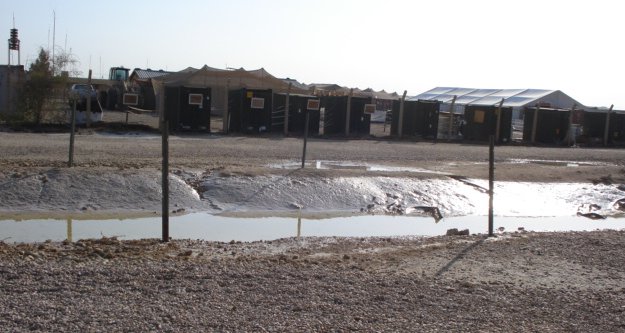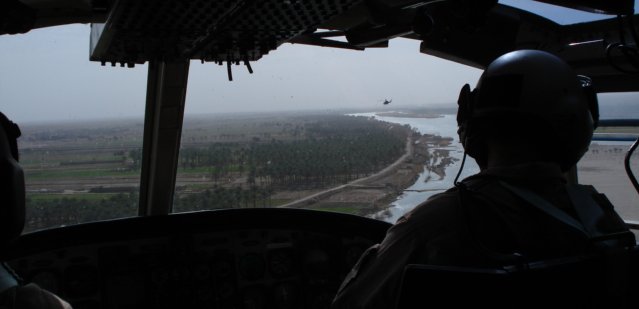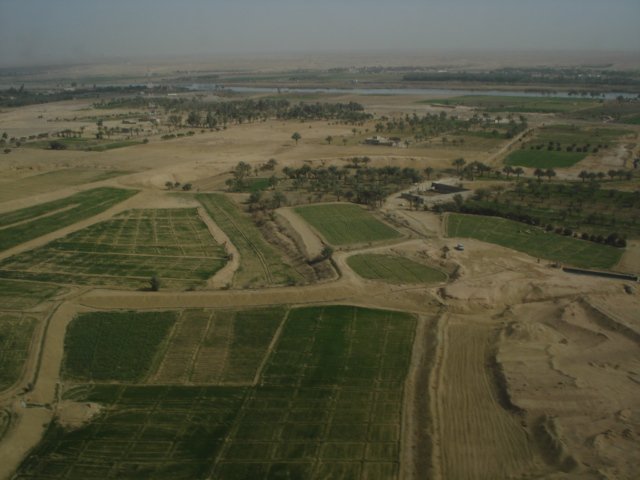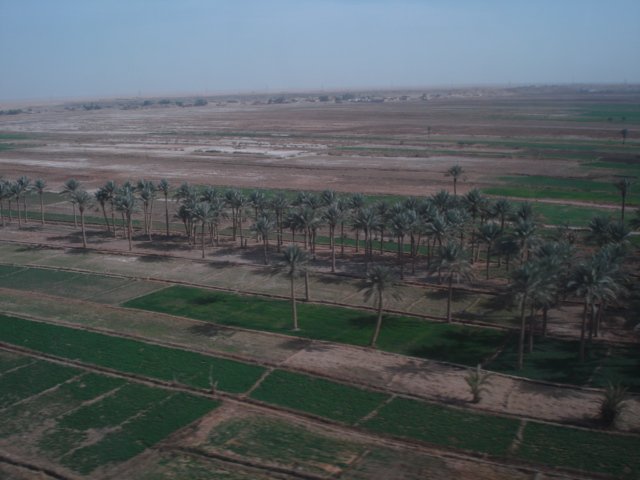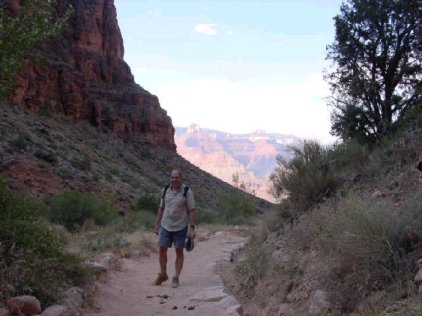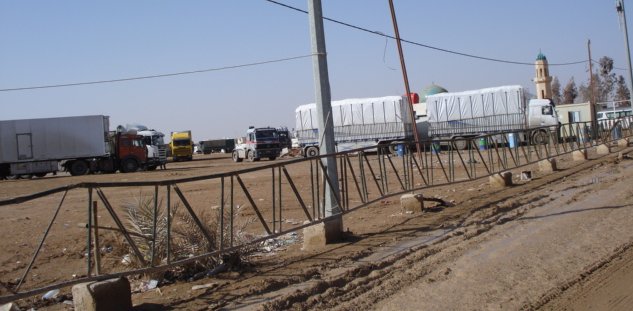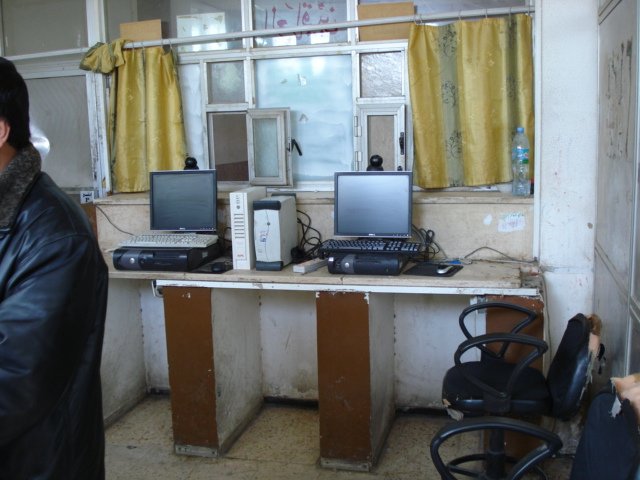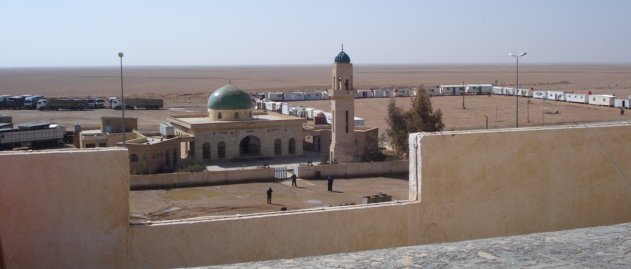
Above is a picture of Dennis, our agronomist, and Reid who has done engagement with local leaders on a truly impressive scale.
My good friend Reid Smith will be leaving Iraq today. He is one of those I mentioned a few posts back re losing my best. I am losing him a little earlier than anticipated because of bureaucratic mazes we couldn’t find out way through.
Reid has his own newsletter about his time in Iraq. As military person, his perceptive is a bit different than mine, but the similarities far outweigh the differences. Below is a copy of his last post in Iraq.
Hey everyone,
I planned on staying here in Iraq until mid May in order to complete my one year boots on the ground. As sometimes happens, the paperwork got screwed up. The State Department, who doesn’t have a thorough understanding of how the Army orders process works, failed to request an extension to my initial mobilization orders. Now, with less than a week’s notice, I have to clear out.
The bottom line here is that I am coming home earlier than anticipated. I know, I know, I should be happy right?, but this made me very angry at first because I feel like I’m just now getting really good at my job. That’s just the way it is sometimes. As my first platoon sergeant, SSG Velez told me in 1984 in his very strong Puerto Rican accent “well ju know sir…sometimes…ju just get f—-d”. This is a true statement if ever I heard one.
I’ve now had a few days to let it settle in and I couldn’t more excited to go back to my home and family. Everything works itself out the way it is supposed to and I’m very glad to be headed home.
From my perspective we have defeated the insurgents. We are only dealing with amateurs now and of them there are only a few stragglers. Those few that we do encounter are poorly led, poorly equipped and poorly trained. In our sector for the third time in a couple months an insurgent has blown himself up accidentally. The latest blew his own hands off and if not for prompt medical care he would have died.
In another case we were able to locate an IED emplacement group while they were meeting together. We could have simply bombed them and been certain of killing them, but in order to make sure no innocent people were killed we used different techniques. This is important because terrorists frequently travel with women and children just for the protection they provide relative to our targeting. It took us three tries, but task force elements finally got them and no innocents were hurt. This is an amazing capability we have developed as a military and you should definitely be proud.
We recently had one Marine Infantry battalion complete their seven-month rotation here and head home without having even one KIA. This was 1/7 Marines who I worked with in the city of Hit, they were extremely active, did a lot of great work. This is remarkable when you consider that normally in just one month at the National Training Center, in a training environment, we will suffer at least one soldier killed as a result of accident or mishap.
Now it is up to the Iraqis to take the victory over the insurgents we’ve handed them and be successful at governing themselves. This has been my job over the past 10 ½ months. It has been frustratingly slow work, but we have seen significant improvements and I am confident now that we will succeed.
It has been quite a ride and now as I look back I will miss both my team mates and the Marines who I’ve had the honor and privilege to serve with. I will miss the many Iraqis heroes who I’ve become friends with who struggle daily to make this work despite a constant threat to their life and that of their family. It’s an odd thing how as bad as this place sucks, it does get in your bones in a way that is hard to describe. Without trying to be too melodramatic, perhaps it’s the fact our struggle here in many ways marks the success or failure of America in the post cold war world.
To all of you who have supported me with your e-mails, letters, packages etc I just want to provide a very heartfelt “Thank You”! I would add that it doesn’t stop here and even though everyone is tired of this war, the troops over here still very much desire and appreciate your steadfast support.
In terms of support I haven’t run into anyone over here who simply desires and end to this for their own personal safety. This is an all volunteer force and if there is any disappointment felt at being here it normally surrounds not getting any “trigger time”. We want the victory we’ve worked so hard for and will settle for nothing less. We hear people often say “I support the troops”, but what we wished we’d hear more often is “I support victory in Iraq”.
Semper Fi
Reid

